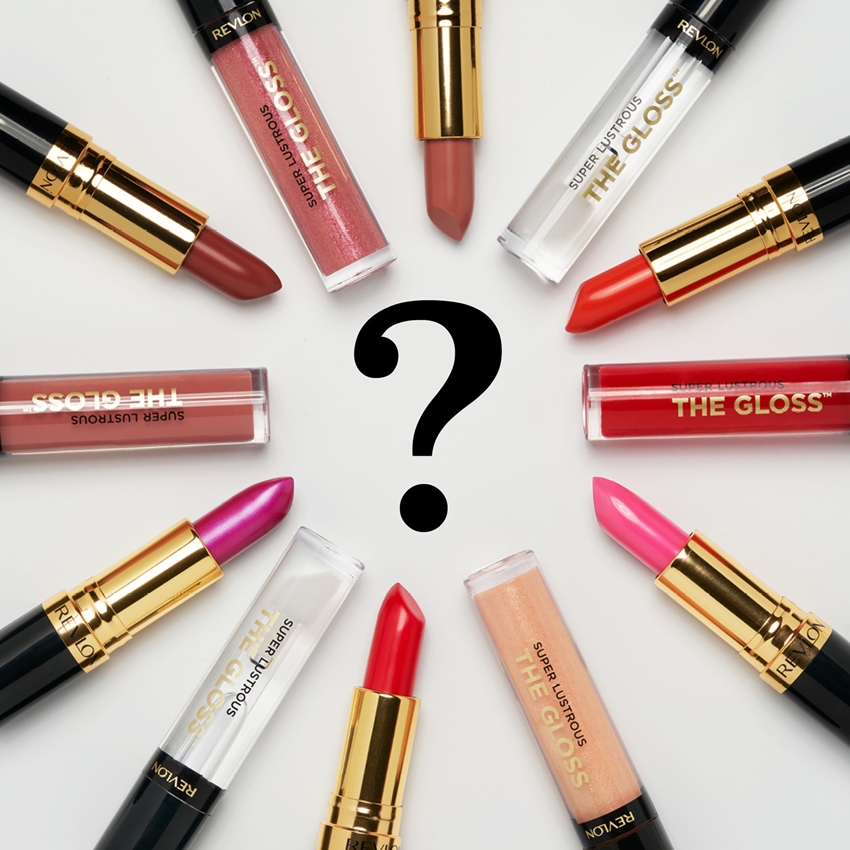Revlon Odd Fellows
If ever there were a weirder fit with Revlon’s already quirky portfolio of brands, I can’t imagine what could top the fact that it owns the global fragrance rights for AllSaints. The edgy, Goth-y contemporary fashion line, established in 1994 in East London and evenly balanced in its offerings for both men and women, is very cool and decidedly not mainstream.
So, you can imagine my surprise when I spotted AllSaints in the “About Revlon” section of the June 16 press release announcing that the legendary beauty behemoth had voluntarily filed for Chapter 11 reorganization. Alongside other holdings such as Elizabeth Arden, Almay, Cutex and the fragrances of Juicy Couture and Britney Spears, AllSaints stuck out like a sore thumb. But then again, Revlon has always kept the cosmetics industry guessing.
The turbulence in Revlon’s C-suite in the past decade has surely been a factor in its current troubles. Although Ronald Perelman, who acquired Revlon in 1985 through MacAndrews & Forbes, looms large as Chairman, he has installed a number of CEOs over the years, including Lorenzo Delpani in 2013, Fabian Garcia in 2017 and his own daughter, Debra Perelman, in 2018.
By all accounts, Debra Perelman is a forward-thinking leader who has made inroads on a number of fronts, including diversity. Still, she inherited a sprawling portfolio of disparate brands that are overly reliant on brick and mortar and not nimble enough, social media-wise, to tackle digital-first giants like Glossier and Kylie Cosmetics.
For more insights into why Revlon is in the pickle it’s in at the moment – and how it’s proposing to get out of said pickle — let’s examine its (recent) past, present and future.
Past: Fenty vs. Flesh, An Inclusivity Battle Revlon Failed to Win
In 2017, a year before Revlon made its bid for portfolio relevancy via the deal with AllSaints, short-lived CEO Garcia installed Allure magazine founder Linda Wells as Chief Creative Officer.
Wells, who had been unceremoniously axed by Condé Nast in 2015 after 25 years, was initially tasked with modernizing the overall gestalts of Revlon’s many brands, touching every creative area including advertising, packaging, digital / social media – even the product concepts themselves.
But not long after landing there, Wells began developing Flesh Beauty, Revlon’s answer to pop juggernaut Rihanna’s wildly popular Fenty Beauty. Launched in 2017 with a whopping 40 shades, Fenty Beauty by Rihanna instantly struck a chord with women who felt they’d been ignored by the skimpy complexion palettes legacy brands served up. (FYI, Fenty is Rihanna’s last name and the original product, Pro Filt’R Foundation, is now available in 50 shades.)
Was Fenty Beauty helped by Rihanna’s massive star power and global online presence? Without question. But it was also a really smart idea to go big—make that huge—on the shade offerings. And the fact that it was produced by Kendo, the beauty incubator of LVMH, certainly didn’t hurt. After all, LVMH also happens to own this little retail chain called Sephora…
Back to Revlon, and Flesh Beauty. Unveiled in 2018, positioned as prestige and launched exclusively in 510 Ulta doors and on ulta.com, and later on its own website, Flesh didn’t fly. For sure its demise wasn’t tied to a dearth of promotion; Wells did a blizzard of press in the run-up to the launch, touting its 40-shade inclusivity, its unique emphasis on skin undertones, its m.o. of enhancing one’s own natural beauty.
Still, by 2019 Wells was out at Revlon, and a year later, Ulta announced that it was parting ways with Flesh Beauty. Today, it can be found on eBay and Bulk Apothecary, which bills itself as “the nation’s largest online supplier of fragrance oil, soapmaking supplies, essential oils and specialty ingredients.” While it’s unclear why a purveyor of private label brown sugar scrubs and all manner of tubes, jars and tins would want to hassle with a massive stash of Flesh Beauty, click on the “Wholesale” tab and there it is – foundation, blush, eyeshadow…the whole kit and caboodle.
If, like me, you’re into following the Reddit breadcrumbs to find out what’s going on in the beauty business, you’d know that Flesh didn’t work in part because of the ridiculous, often borderline-pornographic product names. When a stick foundation bears the moniker Flesh Firm Flesh Thickstick Foundation, it’s hard not to think of something…else. Or how about Flesh to Flesh Highlighting Powder or Tender Flesh Blush in shades like Caress, Hug, Pinch and Rub?
Listen, naming beauty products is hard. So is launching new brands in a wildly oversaturated market. Neither of which negates the fact that the Flesh Beauty failure was a nail in Revlon’s coffin, and a high-profile one at that.
Present: Keeping Suppliers Happy and Shelves Stocked
In consumers’ minds, depending on their age, the news that Revlon filed Chapter 11 probably triggered one of two thoughts: “Uh oh, I better stock up on my favorite shades of Super Lustrous Lipstick,” or “Yawn. What took so long?”
What most average beauty-buying citizens don’t realize, however, is also a two-parter: One, Revlon, which has long been massively riddled with debt, filed bankruptcy so it could stay afloat, not disappear. Thus, the Super Lustrous panic-buying doesn’t have to happen…yet. Two, there’s obviously much more to Revlon than just the flagship brand.
Let’s address the plan to stay operational first.
Like countless other corporations, Revlon has suffered from pandemic-induced supply chain issues and difficulty sourcing ingredients it needs to make its products. While that’s been happening, say analysts, vendors have begun tightening Revlon’s trade credit. That’s understandable. Had Revlon not sailed into the Covid headwinds so heavily indebted, vendors may have been more inclined to cut it some slack.
According to the press release Revlon issued regarding the Chapter 11 re-org, the company will “operate seamlessly” while it gets its ducks in a row. “Revlon intends to pay vendors and partners under customary terms for goods and services received on or after the filing date and to pay its employees in the usual manner and to continue their primary benefits without disruption.”
To do all this, Revlon said it was expecting to receive $575 million in debtor-in-possession financing from its existing lender base.
That’s all well and good, except that it’s just more debt. Maybe that’s why the WallStreetBets Subreddit, which is rumored to have fueled a 600 percent upward spike in Revlon’s stock since the Chapter 11 announcement, is hoping for an acquisition.
While getting scooped up by another entity could solve a lot of Revlon’s cash-flow problems, it’s not the only way back into the black. Imagine with me, if you will, a leaner, meaner Revlon.
Future: Perhaps a Portfolio Trim Is in Order?
Way back in 2015, I wrote about the great job then-chairman, president and CEO Scott Beattie was doing putting a fresh new face on sleepy ol’ Elizabeth Arden.
Guess what happened the following year? Revlon snatched it up for $870 million. Along with that purchase came several potential headaches including the aforementioned Britney Spears and Juicy Couture fragrances, along with those of Elizabeth Taylor, Justin Bieber and Taylor Swift.
Scrutinizing the Chapter 11 filing, I don’t see the Bieber and Swift scents listed, which may – or may not – mean Revlon has sold them off. But I do see other holdings that may not be doing a whole lot for the bottom line, including the John Varvatos, Christina Aguilera and Curve fragrances, the men’s haircare brand American Crew and Crème of Nature, which appears to be an argan-based knockoff of Moroccanoil. In addition to Cutex, Revlon also owns the nail brand CND, which seems like overkill.
If I were advising Revlon, I’d of course say to hang on to the flagship brand, as well as Revlon Professional. I don’t know how well the Professional division does, but I the core Revlon brand has been cranking out some genuinely excellent hair tools recently, so there could be a halo effect that spills over into the salon arena. And I’d recommend hanging on to Elizabeth Arden, at least for the time being. But everything else, including those edgy AllSaints scents, should probably go.




